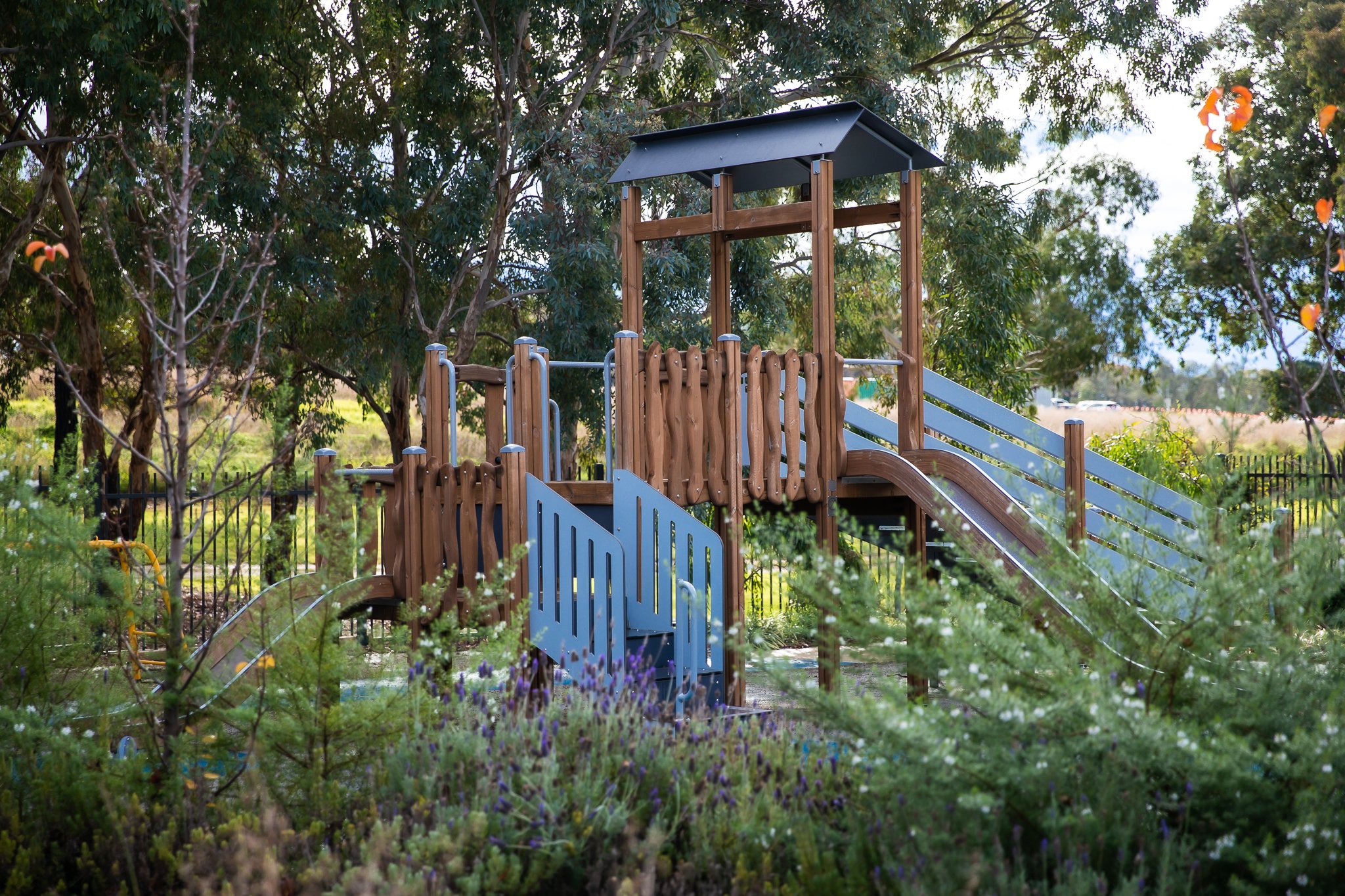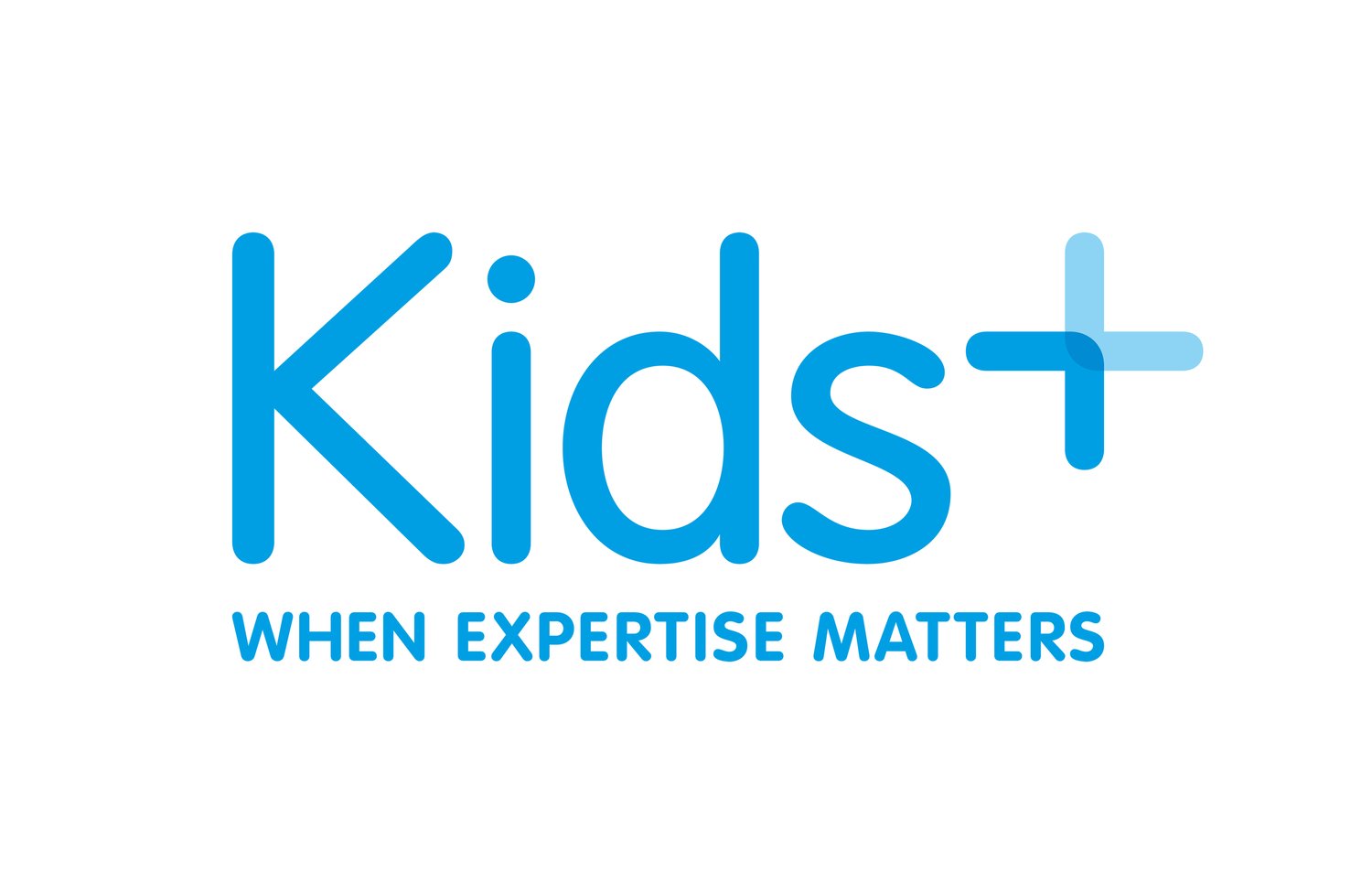
Research Programs at Kids+
Kids+ has completed or is actively involved in the research programs outlined below.
-
Why
At Kids+, we believe in prioritising research that truly matters to the young people we work with. Traditionally, young people with disabilities have not been actively involved in deciding what research should be conducted to enhance their lives and allied health practices.
Our research project aimed to bridge this gap by exploring the research priorities of young people accessing Kids+. By doing so, we hoped to ensure that our research program aligns with their needs and aspirations.
The Research
Six young people aged 8-17 years participated in interactive workshops with researchers. These workshops involved generating and discussing research ideas, followed by ranking them in order of priority.
Members of the Kids+ Participant Advisory Group and the Kids+ Parent and Carer Advisory Group helped the research team develop the workshop materials to make sure they were suitable for the young people.
What We Learnt
We identified 43 research priorities, with leisure activities, such as playing with friends and playing sports, recognised as the highest priority. When discussing their research priorities, young people expressed the importance of enjoying meaningful activities, acknowledging their own expertise, planning for the future, and building and sustaining relationships.
These learnings, together with what we learn from talking with parents and carers and our staff in future research projects, will guide the development of the Kids+ Research Program, ensuring it aligns with the priorities of young people accessing Kids+ services.
Research Team
Kealy Rau, Deakin University
Emma Clark, Deakin University
Dr Anna Urbanowicz, Kids+ and Deakin University
-
Why
Children with adisability are more likely to experience incontinence (wee or poo accidents in children older than 5 years) than children without a disability. Having wee or poo accidents is really difficult for children and their families. This study investigated incontinence among 5 and 6 year old children who previously participated in the Kids+ Parent Infant Program . This program provides developmental follow-up for infants who have an increased likelihood of experiencing challenges with their health, growth, or development.
Our research project aimed to find out two things:
1. How often did children who participated in the Kids+ Parent Infant Program experience incontinence?
2. What is it like to toilet train a child who participated in the program?
The Research
We created an online survey for caregivers of 5 and 6 year old children to complete. Caregivers were asked questions to determine if their child has incontinence and were also asked about the experience of toilet training their child. We received surveys about 18 children who had participated in the Kids+ Parent Infant Program.
What We Learnt
We learnt that among these 18 children, 13 or 72% had at least one type of incontinence. This means that overall 13 children had wee accidents in the day and/or bedwetting and/or poo accidents. Some children only experienced one type of incontinence while others experienced multiple types. When we looked at each specific type of incontinence we found:
· 12 children (67%) had wee accidents in the day (also called daytime urinary incontinence)
· 11 children (61%) had bedwetting (also called nocturnal enuresis)
· 12 children (67%) had poo accidents (also called faecal incontinence)
We also found that many caregivers work through a cycle when toilet training their child. The process starts with a caregiver working out who will lead the toilet training, then taking some action such as developing a toilet routine or introducing underwear and finally thinking about if that action has been successful. Who leads, what action is taken and whether the caregiver thinks it has been successful depends on the caregiver’s understanding of their child’s unique needs. For most caregivers the process results in negative emotions such as feeling anxious, embarrassed, or frustrated.
What we will do with this new knowledge
This research highlights that many children with a disability may experience incontinence and that toilet training a child with a disability is often challenging. We therefore think families should be offered support when toilet training their child with disability. Kids+ will explore the best way to provide this support in the future which may include offering early intervention toilet training and providing families with a platform to share experiences.
Research Team
Isobel Walker, Kids+ and Menzies School of Health Research
Dr Mascha S. Friderichs, Menzies School of Health Research
Dr Anna Urbanowicz, Kids+ and Deakin University
For more information about Kids+ Research please contact our Research Coordinator:
Dr Anna Urbanowicz
Ph: +61 3 9246 8945

